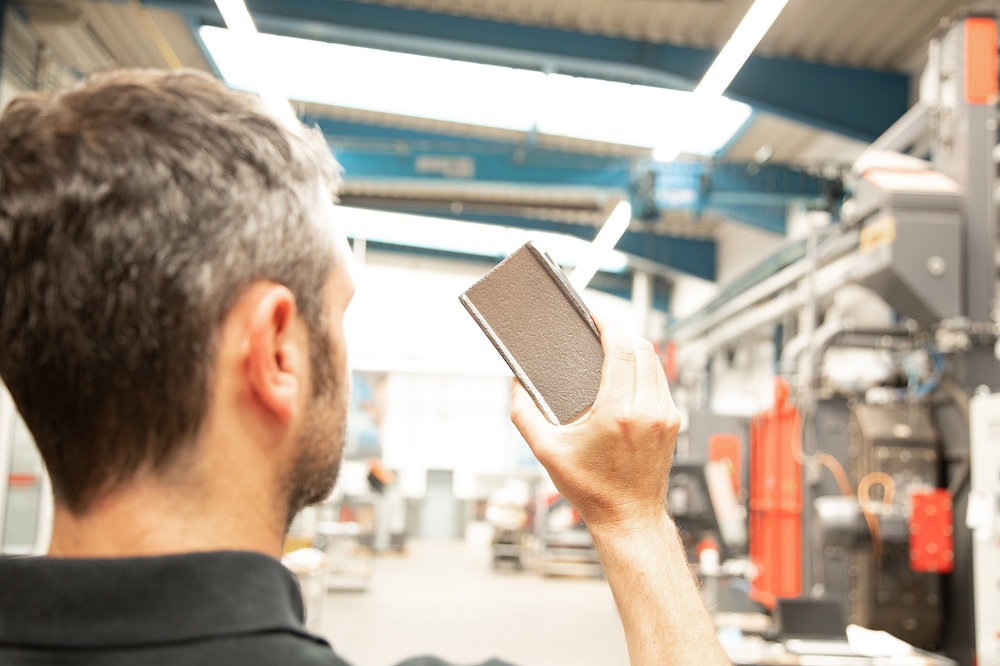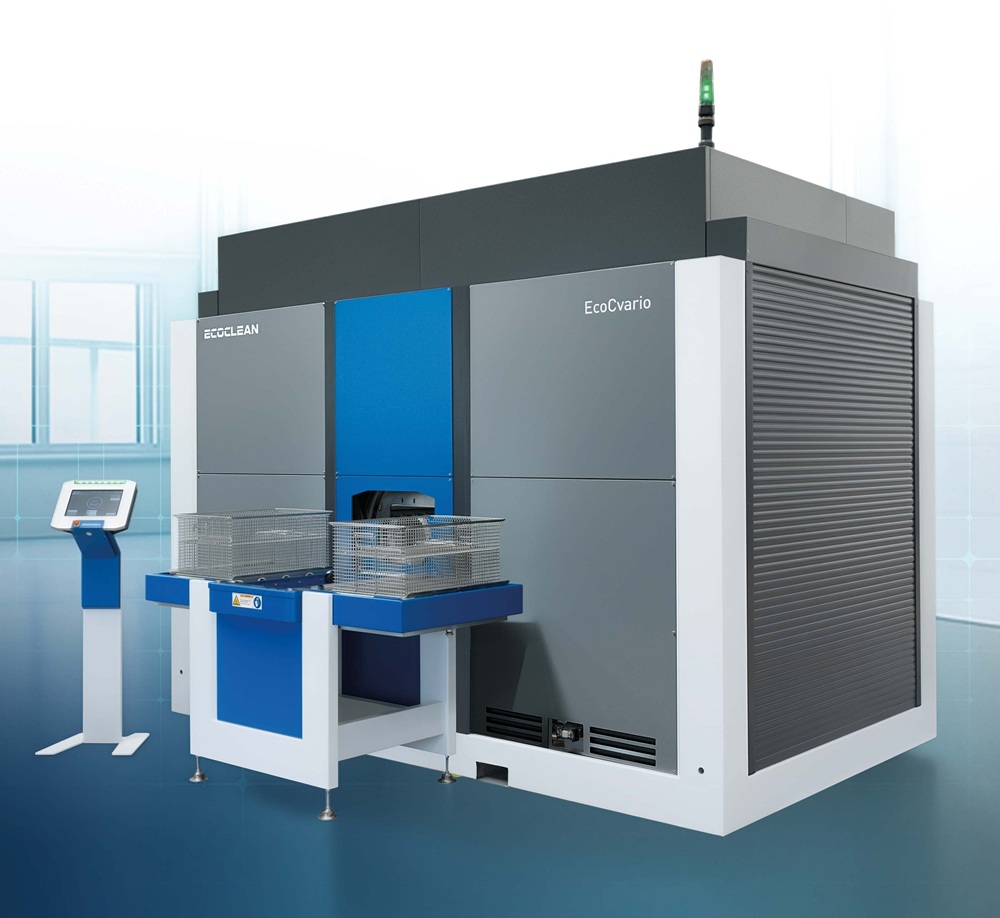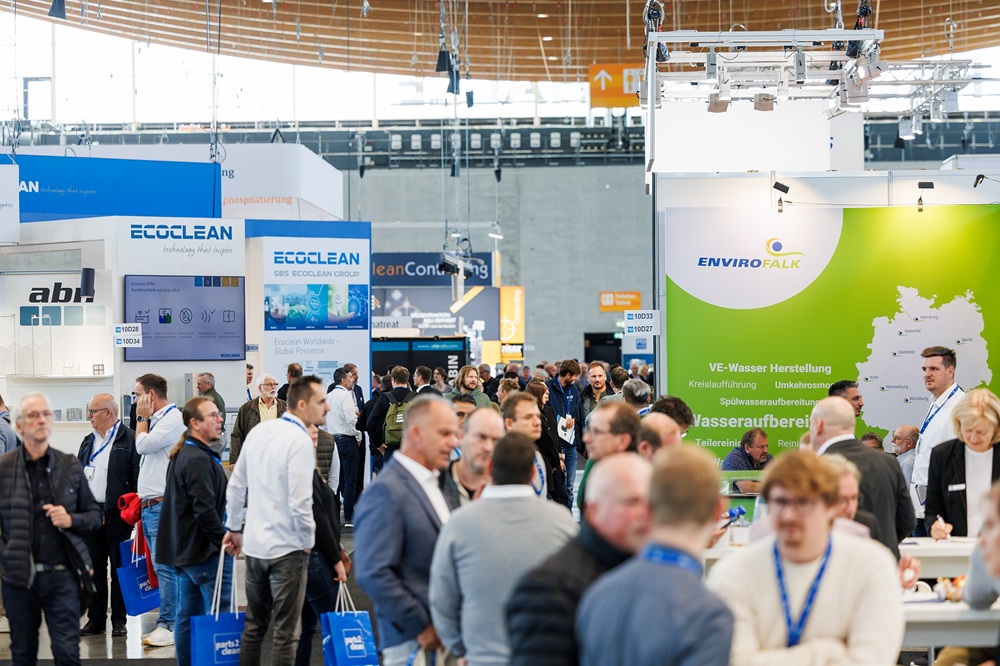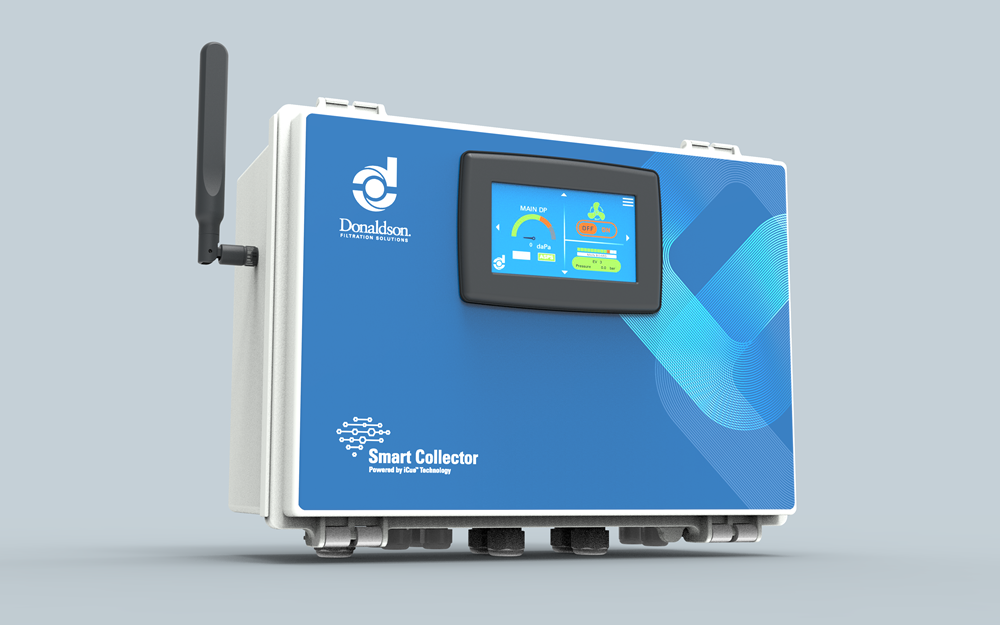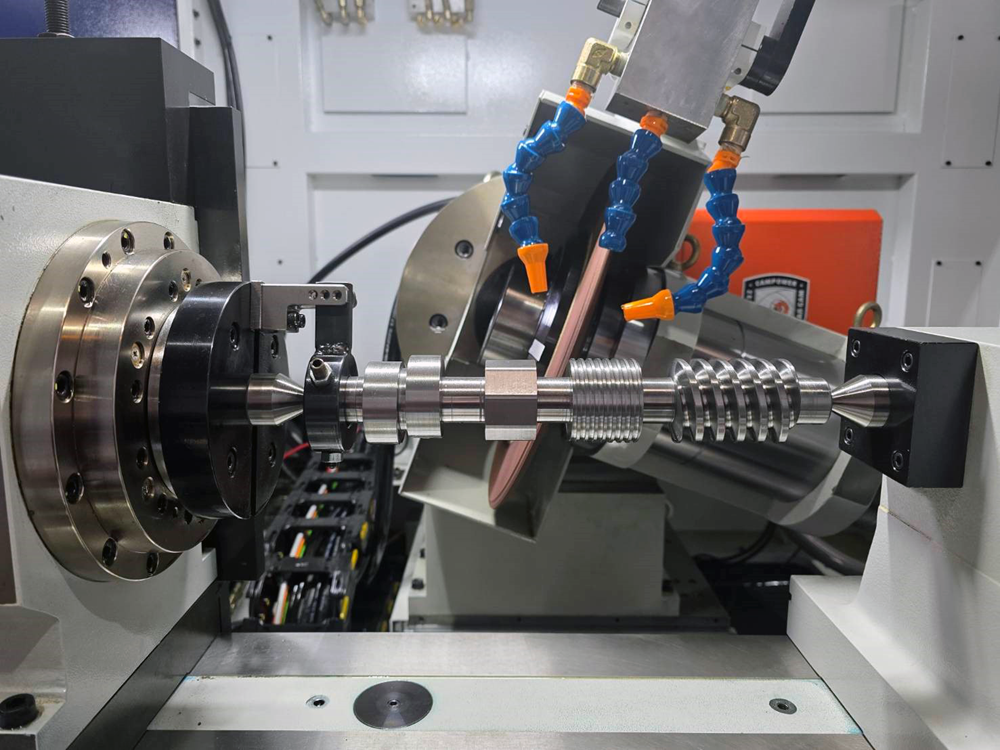Secure spare parts supply and improved blast performance, these were the reasons why a manufacturer of saw bands invested in new turbines for an existing belt-driven shot-blast machine. The customer chose the Rutten Gamma 330-HD turbines from Rösler not only because of their wear-resistant design, but also their 25 % higher blast performance and lower energy consumption. In the meantime, the customer decided to equip other blast machines in his manufacturing organisation with Rösler turbines.
The saw bands produced by this company are known all over the world for high quality. These steel strip products offer precision, exact edge dimensions and flatness. To maintain its quality standards, the company makes all its products in Germany, even though around 90% are exported to other countries. A key stage in the manufacturing process is a shot-blasting operation in a belt blast machine.
In short, the machine used for this shot-blasting task, supplied by a manufacturer in southern Europe, urgently needed modernisation. Therefore, the engineer responsible for streamlining manufacturing operations discussed the customer requirements with the Rösler team during a visit at the Deburring Expo exhibition.
The topic of this conversation was not only a secure spare parts supply and first-class technical service but also improved blast performance to provide a higher workpiece throughput. Based on the detailed process parameters provided by the customer, Rösler developed a technical concept and submitted a quote for retrofitting the turbines on
the existing blast machine.
The high performance of the Rutten Gamma turbines is based on their special design. They contain four Y-shaped throwing blades with a precisely calculated blade curvature. This concept guarantees precise blast media acceleration and delivery at maximum throwing speeds and, compared with conventional turbines, improved shot-blast efficiency.
More information www.rosler.com






